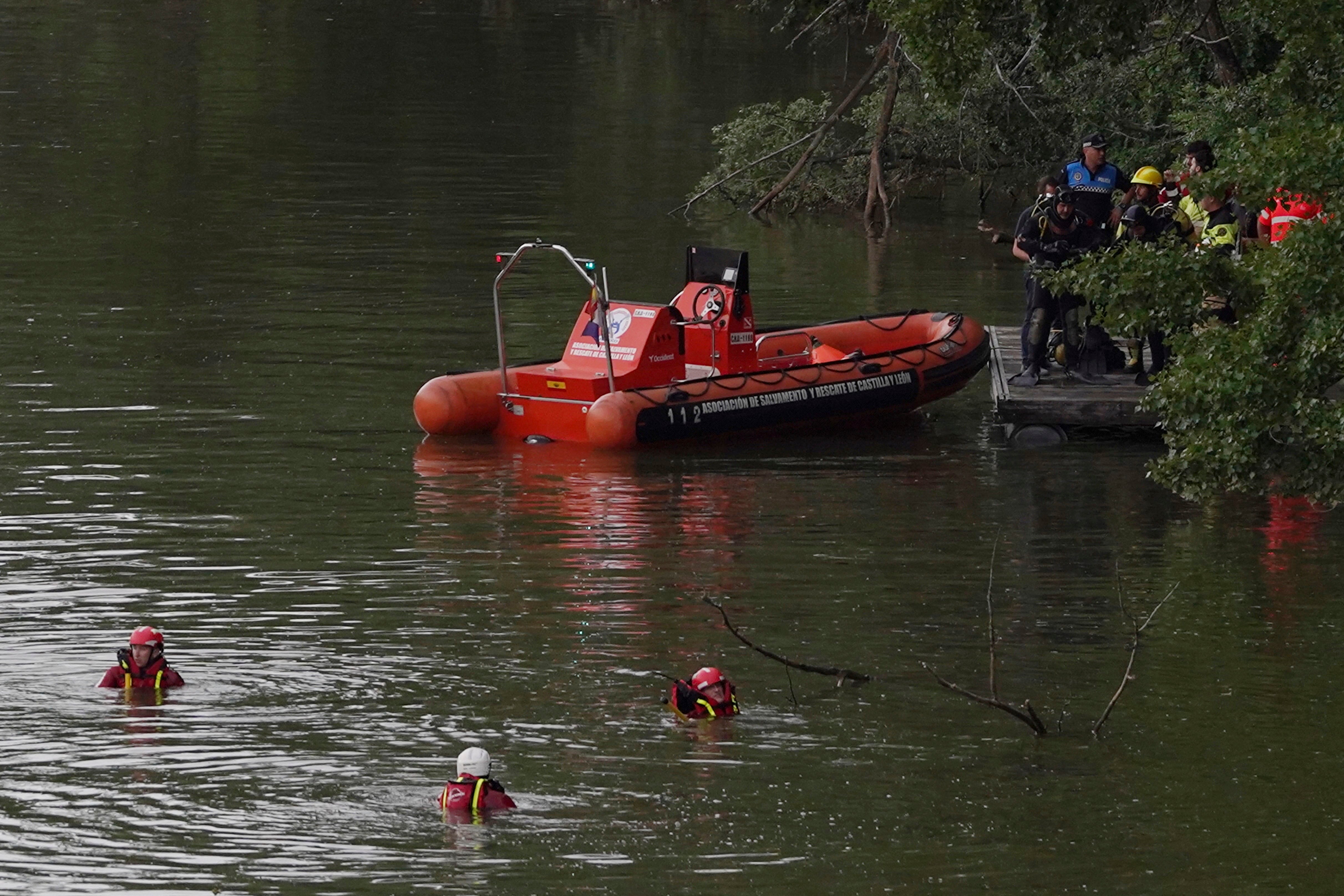The proposed law on psychotherapy activity threatens neurological patients

Slovenian neurologists would like to point out that people with neurological diseases are an extremely vulnerable group. Proposed Psychotherapy Activity Act, who introduces the profession of psychotherapist without proper medical education to the healthcare system, threatens neurological patients and can have serious consequences for their health and well -being.
Psychotherapy It has several important roles in neurological patients – as emotional support in facing a chronic and often progressing disease, to help patients and their relatives in daily challenges or as one form of treatment for symptoms of the disease.
Unfortunately, the nature of neurological diseases often affects the patient’s perception of himself and the environment. It affects speech, way of expression, thinking and emotional response. Therefore, these patients need a significantly different therapeutic approach than people with mental distress without associated nervous system failure. Psychotherapy treatment of neurological patients presents a professional challenge that requires clinical knowledge and understanding of differences between the healthy and ill. This is why neurologists work closely with clinical psychologists and psychiatrists who are properly trained to perform psychotherapy in our patients.
The current proposal for the Psychotherapy Activity Act is extremely concerned about. It leads to the equalization of clinically trained psychotherapists with performers who do not require any education in medical content to obtain a license to work in a public health system. How will a psychotherapist without basic knowledge of nature, course, treatment and prognosis of neurological disease can help the patient? Any lowering of professional competence criteria poses a direct risk to health and a serious professional decline in the healthcare system.
In the event that the law is passed, neurologists will definitely avoid referring our patients to psychotherapists without knowledge in the field of clinical medicine. Nevertheless, there is a realistic possibility that our patient nevertheless goes to an inadequate psychotherapist, perhaps through the referral of a selected doctor who wants to provide patient with quick psychotherapy support in the conditions of long queues in psychiatrists and clinical psychologists. The very possibility that the patient could go to a professionally incompetent healthcare provider through a referral, inserts uncertainty and dangerous precedent into the healthcare system.
The law provides that the therapist is not responsible for the deterioration of the user if the latter has not provided all the necessary or true information regarding his condition or if the instructions of the therapists did not follow.
The law even stipulates that the therapist is not responsible for the deterioration of the user, if he / she has not provided all necessary or true information regarding his / her condition or if the instructions of the therapists are not followed. At the same time, he overlooks the obvious problem that many neurological patients have no insight into his own state, cannot properly provide information. It needs a special form of therapeutic guidance so that the instructions can follow!
Let’s take an example of a 55-year-old man with a recently diagnosed Parkinson’s disease, who was referred to a psychotherapist by a family doctor for emotional problems when facing a diagnosis. In the patient, impulsive behavior and excessive involvement in gambling occur, which can be the side effect of taking medication for Parkinson’s disease. The psychotherapist does not recognize that these are side effects of medicines, and continues with psychotherapy, while the patient’s family experiences unimaginable distress, the patient may even sell a car or lose an apartment due to attachment. We wonder who will be responsible in this case for the catastrophic consequences that can be prevented by replacing medicines?
Will it be a personal physician who is in good faith to help, refer the patient to psychotherapy and of course expect a professional treatment of emotional and behavioral problems? Will this be a neurologist who has no effect on the speed of the control examination? Will it be a patient himself, who, despite being alerted to the possible side effects of medicines, has no real insight into the harmfulness of his behavior? Or in such a case will no one will answer?
The aspect of early recognition of organic brain pathology is particularly critical. Numerous neurodegenerative diseases, as well as some autoimmune -conditioned diseases and brain tumors, are mainly manifested in their initial stages by mood disorders, personal changes or behavioral symptoms – often for many years before developing characteristic neurological signs that would direct the patient directly to the neurologist. In such cases, the chosen doctor usually refers to a psychiatrist or clinical psychologist who are professionally trained to identify organic background problems with mental health. On this basis, they may act in a timely manner by orientation to the neurologist.
Unfortunately, the nature of neurological diseases often affects the patient’s perception of himself and the environment. Photo: Li Science Photo Library Via AFP
However, in the system provided for by the new law, the doctor at the primary level will be able to direct the patient directly to psychotherapy. In this case, there is a serious danger that a psychotherapist will overlook the true background of the situation without medical education. Take an example of a woman who begins to show changes in personality in the middle age, becomes irritable and behaves inadequate in social contacts. The psychotherapist attributes the symptoms to destroyed partnerships, but without the basics of knowledge of the nervous system, he does not suspect that the cause can be a brain tumor that grows from the brain envelopes of the frontal lobe.
A psychotherapist, without sufficient knowledge of the clinical characteristics of mood disorders, does not even recognize warning signs indicating the possibility of another pathology, and does not warn the lady or her chosen doctor that additional diagnostics are required. Thus, the tumor grows forward despite psychotherapy, and diagnosis only occurs when the patient experiences the first epileptic attack. When the tumor is finally recognized, it may be too late for surgery. Early identification of organic brain damage improves the long -term outcome of the disease. Therefore, the system must provide this option – but it is not threatened by poorly thought out changes to the legislation!
Medically uneducated psychotherapists warnings of psychiatrists, pedepsychiatrists and clinical psychologists that the bill threatens professional treatment and safety of patients, opposed by the thesis that health professionals are trying to preserve monopoly over psychotherapy. Neurologists who are not performers of psychotherapy services here are here as connoisseurs of the field of neurological diseases, and we evaluate the proposal for the legal orderliness of the field. With great enthusiasm, we would welcome better accessibility of psychotherapy services for our patients, but treatment of mental disorders should remain a domain of health -educated professionals.
The bill represents a deviation in the wrong direction.
Although the current situation in the market is required by the proper regulation of psychotherapy activity, the bill represents the wrong direction. We emphasize that the involvement of medically uneducated psychotherapists in the healthcare system is professionally risky and dangerous.
The new law creates the wrong impression that these experts operate according to the same standards of medical education, competence and responsibility as healthcare professionals, which of course is not true. It is not just a matter of professional (in) transparency, but above all about patient safety and maintaining confidence in our healthcare system. Therefore, we call for a thorough consideration and amendments to the bill in the direction of protection of the most vulnerable patients.
***
Assoc. prof. dr. Maja Kojovic, Gaja Klarendić, Asst. dr. Rock Berlot
The Association of Neurologists of Slovenia
The article is the opinion of the authors and does not necessarily express the positions of the editorial board.








